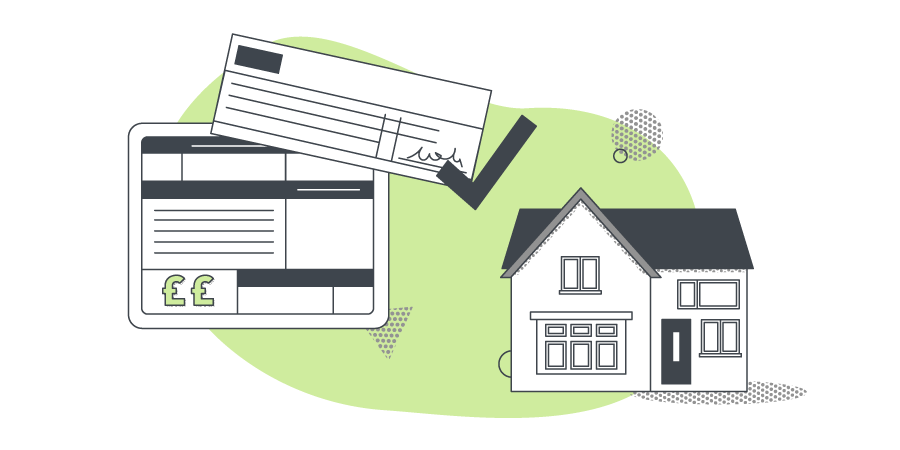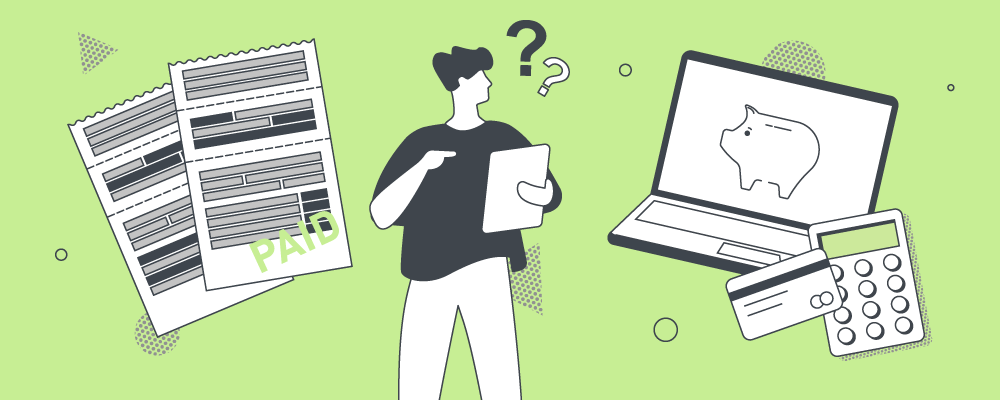
Buying a new home will probably be the largest financial commitment you ever make. It’s a big step and you’ll need to make sure your finances are in order before you get moving. That’ll take a bit of longer-term planning as you’ll need to consider things like your credit history, saving up a deposit and much more.
We’ve put together some top tips to help you get started.
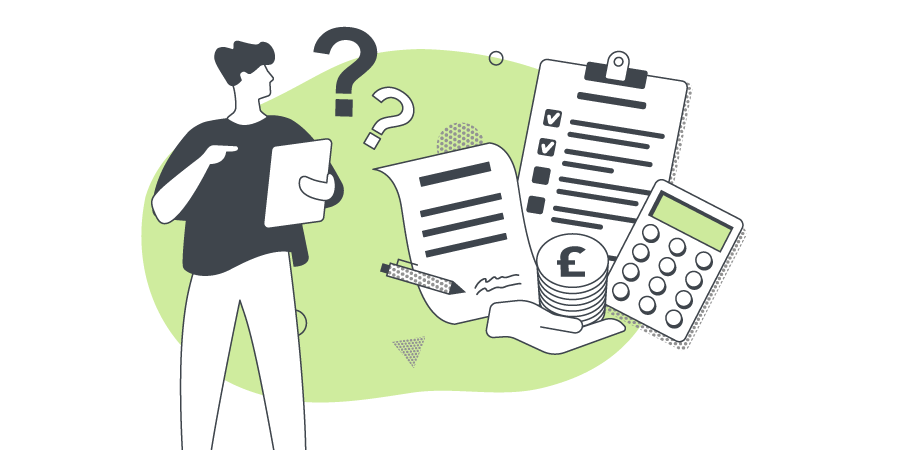
Get your head around the whole home buying process
Before you begin your home-buying adventure, it’s good to get your bearings and understand what the route ahead involves. This isn’t a complete list, but some of the major milestones are:
- Decide what you’re looking for. While some people are attracted by older properties, others like the idea of a brand-new home that offers lower running costs, smaller energy bills, the peace of mind of a warranty and more.
- Research the mortgages available to you. A good place to start is Barratt Homes Mortgage Service (landc.co.uk), but you may want to talk to a professional. Independent mortgage advisers can offer products from across the market that best suit your personal circumstances. You can also talk to your own bank or building society, but remember they can only talk about their own products and not competitors’ – which may not be the best fit for you.
- Appoint a conveyancing solicitor. They’ll help you through the legal side of buying a home, making sure all the correct searches are done and paperwork is completed. Learn more about the legal steps of buying a new home.
- Get a valuation and survey. A valuation will tell your mortgage lender that the property is worth the price you’re paying. A survey will identify if there are any potential problems with the property.
- Exchange contracts, complete and move in. Once all the legal paperwork is finished, your solicitor will exchange contracts, you’ll pay your deposit and then get a completion date. After that, you’re free to move in.
As you can probably tell, a lot of those stages will involve some sort of financial outlay, so here’s a quick list of the kind of costs you’ll need to allow for:
- Deposit
- Mortgage arrangement fee
- Mortgage application fee
- Property valuation fee
- Broker fee
- Solicitor’s fees
- Search fee
- Registry fee
- Survey fee
- Stamp Duty
- Buildings insurance
- Removal costs
You can find a clear explanation of these and how much you might expect to pay in our article, ‘The cost of buying a house’.
What will mortgage lenders be looking for?
Of course, securing a mortgage is usually crucial to buying that home. This is why it’s so important you do everything you can to maximise your chances of getting the one you want. Understanding what criteria a mortgage lender will use to assess you as a potential customer is important, and here is a list of some of the things they may consider.
- Your credit score and credit history – we’ll show you how you can view and improve your score later
- The size of deposit you can put towards your property purchase
- Any existing assets, such as stocks and shares or other properties
- Your current income and employment history
- Tax returns
- Bank statements for the previous two to three months
- The actual amount you wish to borrow compared to the value of the property
- Your debt-to-income ratio – in other words, the amount you owe each month compared to the amount you earn
- Any rental history you may have
- The property you wish to buy
In general, the lender will look at anything that helps them decide whether giving you a mortgage on a particular property is an acceptable risk.
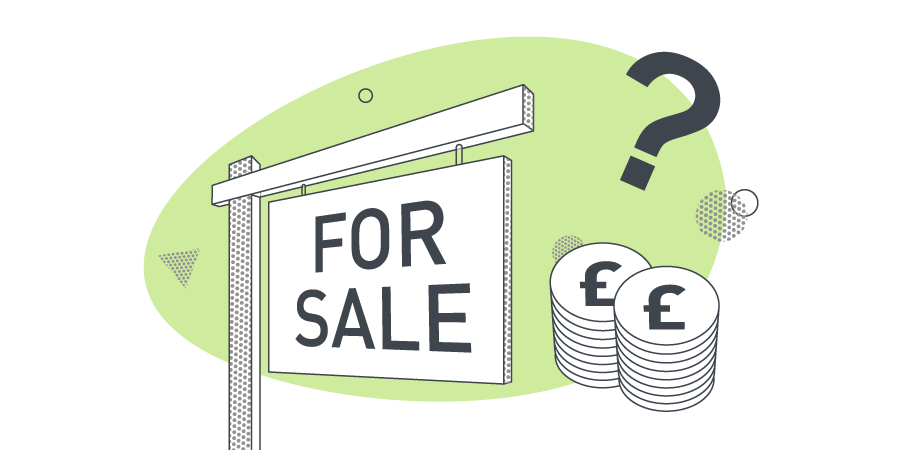
Know how much you can afford
While it can be easy to get carried away, being realistic is important when it comes to homebuying. If you can plan with a clear idea of what you can genuinely afford you’ll avoid disappointments and difficulties down the line.
Remember, when it comes to a mortgage, the amount you’ll be able to borrow is not just based on your income, but your current outgoings too. Our Barratt Home Mortgage Service, operated in partnership with L&C, includes a handy affordability calculator that can help you crunch the numbers.
Most mortgage lenders will also have their own form of online calculator. Generally speaking, you’ll need to supply details of your income as well as outgoings, including expenditure on other forms of credit, like any car finance deals, bank loans or credit card debts.
It pays to save up a bigger deposit
If you can save up a larger deposit you’ll likely get access to better mortgage deals with lower interest rates. So anything and everything you can do to swell your pot of money could be a good move.
The sooner you start adding to your savings the better, so consider:
- Setting up a regular standing order to pay money into your savings account
- Cutting back on big expenses like holidays and cars
- Seeking out better deals from energy, internet and mobile phone suppliers
- Increasing your income by taking a second job or freelancing
There are also several really useful budgeting and savings apps out there. Plum, Emma, Goodmoney and Spending Tracker all gained five stars in a review by Forbes.1
Many lenders like potential buyers to have a deposit equal to 10% of the property price. But if you have a smaller deposit, you still have options. Barratt Homes has a range of schemes, including Deposit Unlock, that’s designed to help people move with just a 5% deposit.
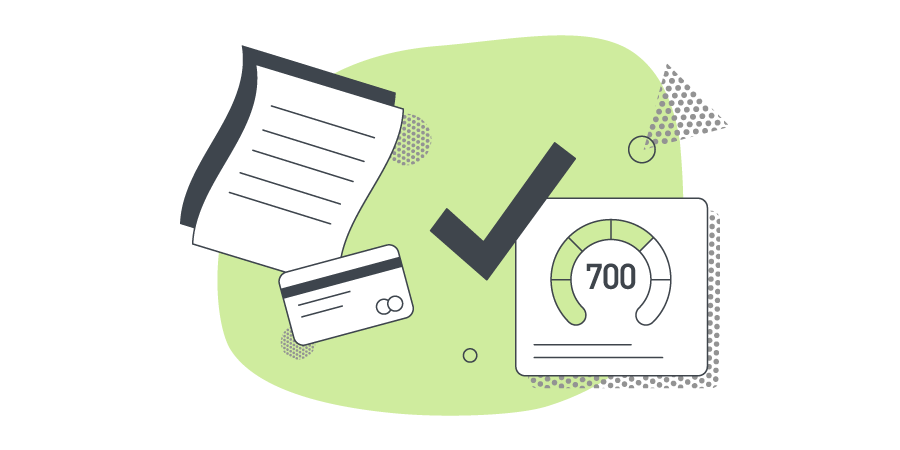
Make your credit score the best it can be
A credit score is simply a number that rates someone’s creditworthiness. Having one that doesn’t ring any alarm bells for potential lenders is a good thing. So if you’re thinking about buying a home, the sooner you start protecting and improving your score the better.
- Always making bill payments on time
- Reduce any debt balances
- Avoid taking on new lines of credit – particularly in the year before you apply for a mortgage
- Try to avoid using your bank account overdraft
- Close any joint accounts you no longer need – if anyone linked to you has a poor credit record, it can affect your score
- Make sure you’re on the electoral roll
- Check your credit records – any inaccuracies could affect your application
If you don’t have a spotless credit record, don’t panic. Any negative marks generally disappear after seven years.
At the other end of the scale, you might be someone who hasn’t built up much of a credit record yet. You could start redressing this by opening a bank account, applying for a credit card, or getting a mobile phone contract.
Remember, there’s no perfect credit score number. Different lenders will have different priorities and assess your credit history in various ways: a definite ‘no’ from one lender could become a ‘yes’ from another.
Other ways to strengthen your financial position
There are other things you can do to get your finances ready for action and improve your chances of getting a mortgage.
The most obvious of these is job security. Staying in full-time employment consistently will allow you save up towards a deposit, and any potential mortgage providers will see you as a lower risk customer.
Another easy win is to get on the electoral roll. According to Experian, simply being on it will increase your credit score by 50 points2. It’s quick and easy and you can do it all online at the gov.uk website.
Get the paperwork ready
No one likes the idea of paperwork. But drawing together all the documents you might need when applying for a mortgage could save you lot of stress and anxiety.
A few weeks before you apply, put your admin hat on and find the following:
- Proof of income - payslips for the last three months
- Bank statements for the last three months
- Proof of your current UK address, such as a recent council tax or utility bill
- Proof of any bonuses or commission
- Your latest P60
- Your accounts or tax returns for the last three years (if you’re self-employed)
- Proof of your deposit, such as a savings account statement
- An ID document, such as your passport or photocard driving licence
- If you’re getting help with your deposit, you’ll need a letter from the person providing the money stating that they are gifting it, not lending it.
Learn more about essential house purchase documents.
Buying a new home is exciting too
Yes, there’s a lot to think about. And getting your finances in order takes a bit of time and effort. But never lose sight of the fact that buying your own home is an amazing achievement. So why not start your journey today by looking at our range of brand-new, energy-efficient homes made for modern living?
1 Best Free Budgeting Apps of 2022, Forbes ADVISOR, Nov 8th, 2022.
2 Average credit score in the UK in October 2022, Help & Advice, October 2022.
